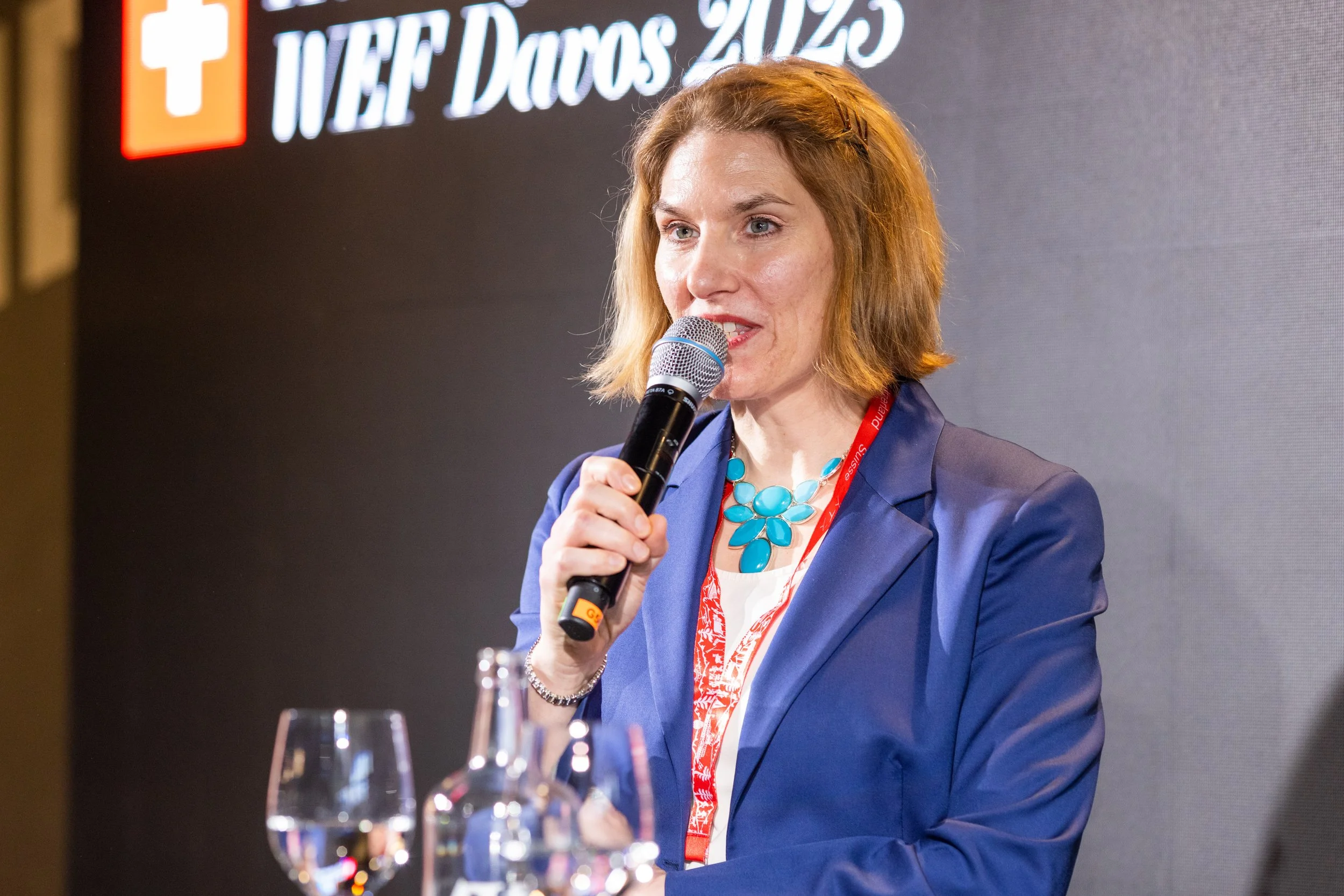Micro-credentials in a Minute Episode 14: How decentralized identifiers (DIDs) enhance security
Greetings friends ✨
In service to making the digital badge and micro-credential space more accessible to the broader community, the Micro-credential Multiverse team has launched a series of conversations with industry leaders in the space we’re calling “Micro-credentials in a Minute”.
Each episode of the podcast will be about a minute long and address critical questions on micro-credentials, digital badges, learning pathways, digital wallets, and more!
Introducing Micro-credentials in a Minute
Episode 14: How Decentralized Identifiers (DIDs) Enhance Security
In this episode, micro-credential and digital badge experts Rob Bajor and Allison Fromm (Proofspace.id) discuss how decentralized identifiers (DIDs) enhance security online. They explain that while real-world identifiers like fingerprints and signatures are unique to individuals, online accounts rely on third parties like Google and Amazon for ownership and control. Meanwhile, companies can monitor and use our data while we're forced to remember hundreds of passwords. DIDs, on the other hand, allow us to create the digital equivalent of our unique fingerprint, which is entirely private and belongs only to us. By managing our online identity with a DID, we can regain control of our digital identities and democratize the space.
Tune in to learn more about the power of DIDs in enhancing online security.
Guests
Learn more about our guests
Transcript
Micro-credentials in a Minute: How decentralized identifiers (DIDs) Enhance Security
Rob Bajor: hi, my name is Rob
Allison Fromm: and my name is Allison and we are micro-credential and digital badge experts.
Rob Bajor: Today we're gonna talk about how decentralized identifiers or otherwise known as DIDs enhance security. So, I know you're an expert in this space. What do you think, Allison?
Allison Fromm: Yeah, well, let's talk about what a decentralized identifier or a DID is, and first, what's the definition of an identifier?
Allison Fromm: So that's something unique to me. In the real world an identifier is your face, your fingerprint, your signature. But those don't work online. So instead, when we go online, we use accounts that are owned and controlled by third parties and made up of a username and a password. Third parties like Google or Amazon control these accounts, and that means that companies can monitor us and use all of our data. Plus we have to remember hundreds of usernames and passwords.
Allison Fromm: But decentralized identifiers allow us to create our own digital equivalent of our unique finger. The number belongs to an individual and is completely private. Using this number to manage our online identity means no more memorizing hundreds of passwords.
Allison Fromm: No more companies monitoring us and we take back control of our digital identities.
Rob Bajor: Yeah, I love that. I think that putting control back into the hands of the users, in this case, the learners and issuing organizations themselves is definitely a shift towards further democratizing this space and empowering the folks within it.
Rob Bajor: Thanks a lot, Allison.
Allison Fromm: Thank you.
Micro-credentials in a Minute
Check out other episodes of Micro-credentials in a Minute
Micro-credentials in a Minute is also available on a variety of podcast platforms including,
If you enjoyed this article, please consider:
🕊 Following me or my new company Micro-credential Multiverse on LinkedIn.
💌 Subscribing to my newsletter on LinkedIn to get these posts delivered conveniently to your inbox.
🌎 Sharing this article with someone in your network.






























